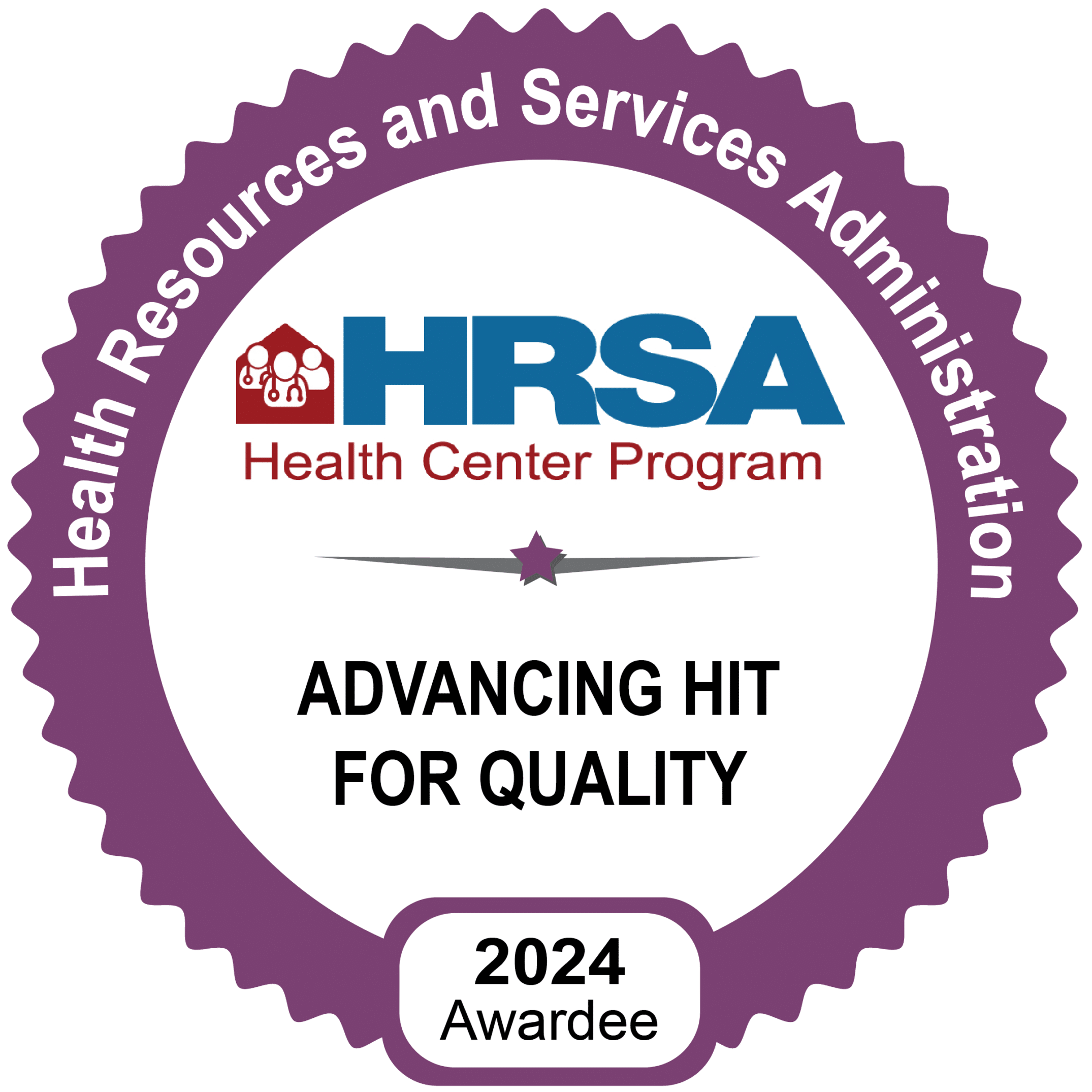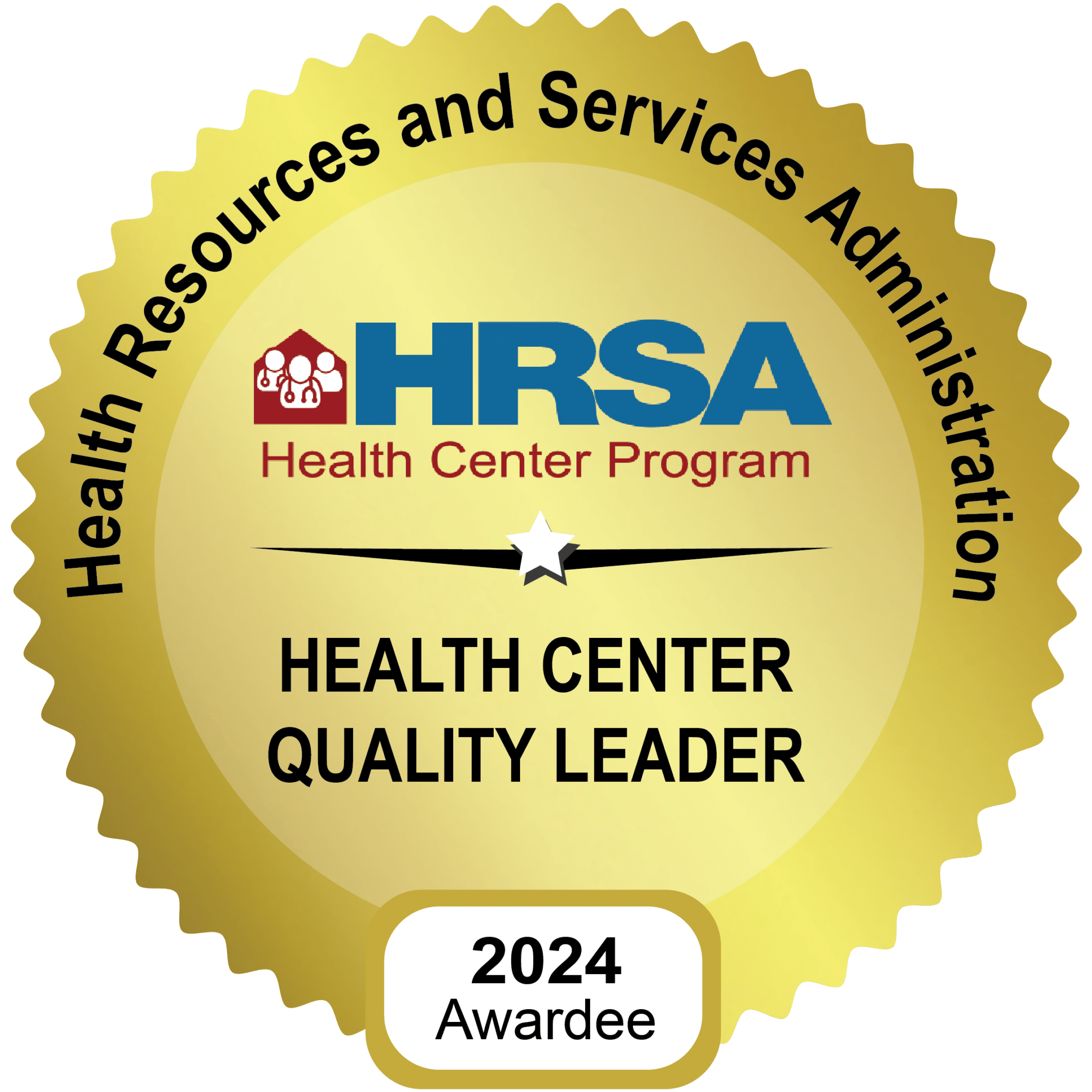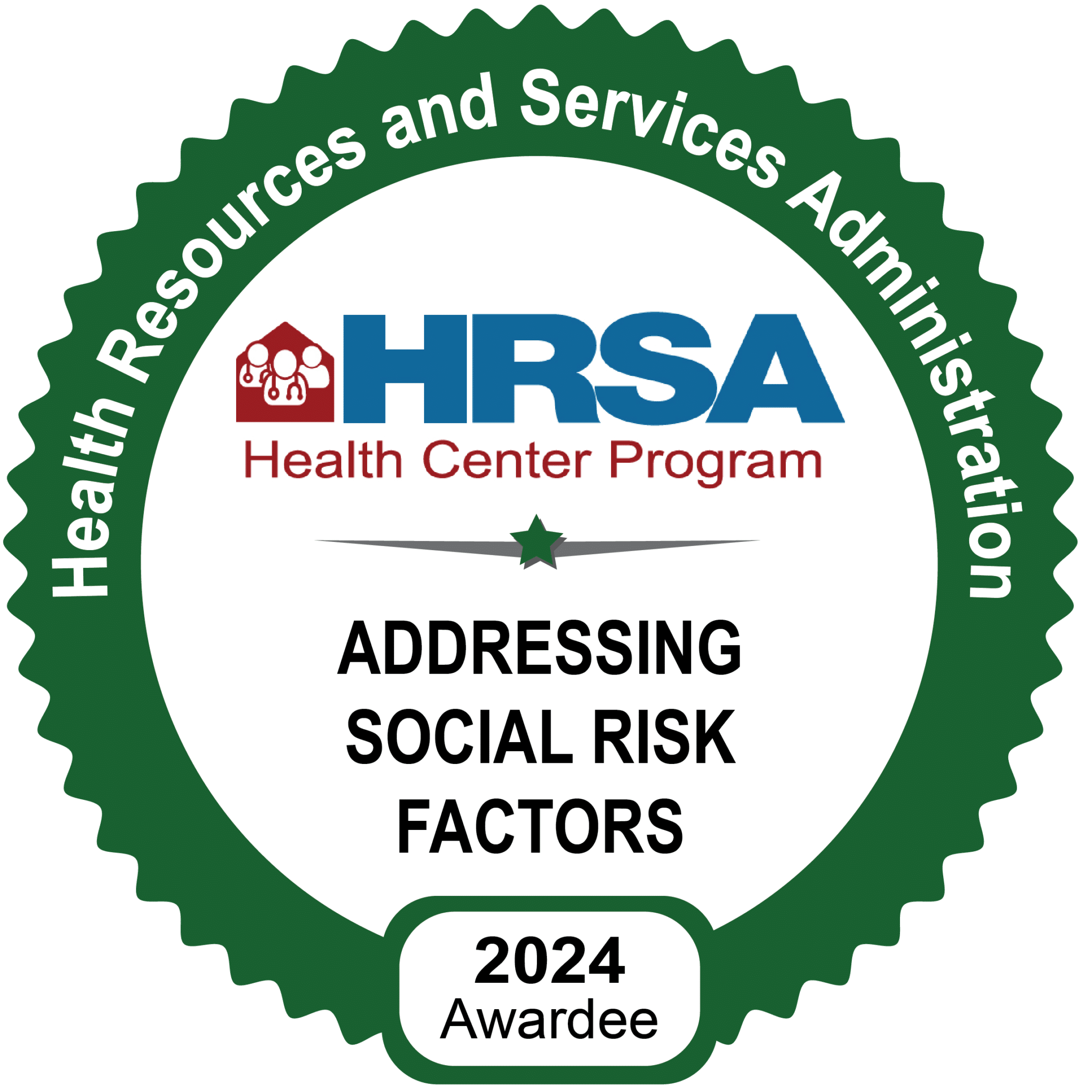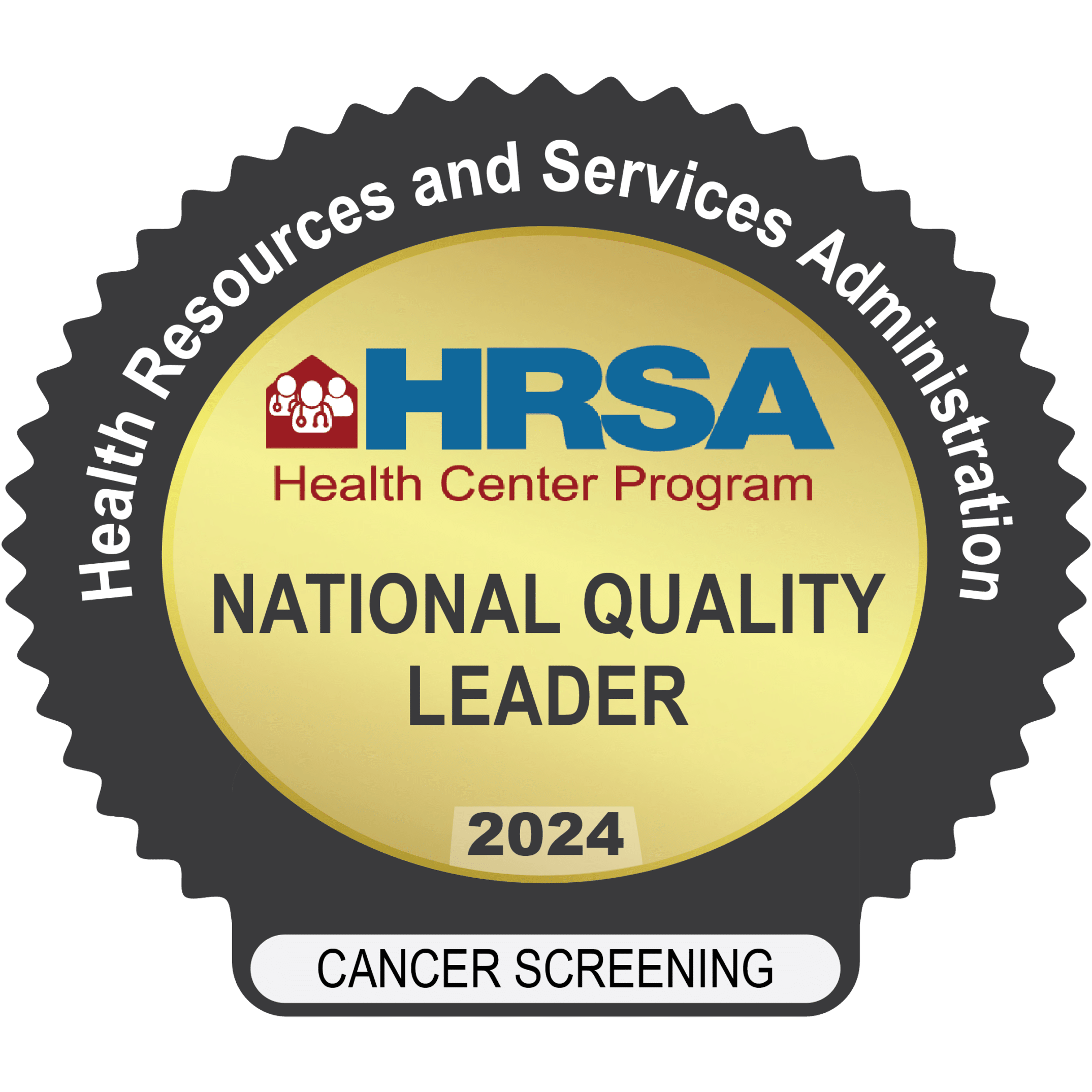LISTEN UP!
May is National Hearing and Speech Month, and it’s the perfect time to raise awareness of the importance of hearing health and speech disorders. Hearing loss and speech disorders can have a significant impact on an individual’s quality of life, whether it’s developed as an infant or due to advanced age, or after experiencing a traumatic injury or prolonged exposure to loud sounds.
Infants: Hearing loss in infants can occur due to genetics, infections, or trauma during birth. If left untreated, it can affect their language development, academic performance, and social skills. Speech disorders, such as stuttering or difficulty articulating words, may also be observed in infants, which can lead to frustration and decreased communication skills.
Signs of Hearing Loss in Infants
Hearing loss in infants can go undetected, leading to delayed speech and language development. As a parent or caregiver, it’s essential to be aware of the signs of hearing loss, which may include:
- Lack of startle reflex to loud noises
- Delayed responses to sound or voices
- Failure to turn towards sounds or voices
- Lack of babbling or cooing by 12 months
If you notice any of these signs, it’s important to schedule a hearing screening with a healthcare professional. Early detection and intervention can make a significant difference in a child’s language and cognitive development.
The elderly: As people age, they may experience hearing loss and speech disorders due to natural deterioration of the auditory system and speech organs. Hearing loss in the elderly is often associated with presbycusis, which is the gradual loss of hearing due to aging. Speech disorders can also be caused by neurological conditions such as stroke, Parkinson’s disease, or dementia, leading to difficulties with language processing, articulation, and fluency.
Introduction to Communication Disorder
Communication disorders can impact an individual’s ability to express themselves verbally, understand language, or interact with others. Some common types of communication disorders include:
Speech sound disorders, which affect an individual’s ability to produce speech sounds correctly
Language disorders, which impact an individual’s ability to understand or use language effectively
Fluency disorders, which affect the flow and rhythm of speech, such as stuttering
It’s essential to seek professional help if you or a loved one experience any communication difficulties to prevent further delays in speech and language development. Ignoring communication difficulties can lead to frustration, isolation, and diminished self-esteem. Professional assistance can assist individuals with speech and hearing issues to overcome their communication disorders and improve their overall well-being.
Exposure and Injury: Exposure to loud sounds in the workplace can lead to hearing loss, which is a common occupational health hazard. Workers in construction, manufacturing, and transportation industries are at a higher risk of hearing loss due to prolonged exposure to loud machinery, tools, and vehicles. Hearing loss caused by noise exposure can be permanent and irreversible, affecting an individual’s quality of life and work performance. Traumatic brain injury (TBI) can also cause hearing loss or speech disorders. TBI can damage the structures of the brain that control hearing and language processing, leading to difficulties with speech and communication. Speech disorders can also occur due to nerve damage or paralysis, causing difficulty with articulation, fluency, and voice.
Tips for Maintaining Hearing Health
Hearing health is crucial for maintaining good communication, social interaction, and quality of life. Here are some tips for maintaining healthy hearing:
- Protect your ears from loud noises by wearing earplugs or earmuffs in noisy environments.
- Avoid inserting foreign objects into your ears, as this can damage the delicate structures in your ear canal.
- Schedule regular hearing screenings with a healthcare professional to monitor your hearing and detect any hearing loss early on.
- Keep your ears clean by gently cleaning them with a warm, damp cloth, and avoid using cotton swabs.
At Teche Health, we offer a range of healthcare services, including diagnosis and treatment for hearing loss and communication disorders. Our team of healthcare professionals includes audiologists and speech-language pathologists who specialize in diagnosing and treating hearing loss and communication disorders. Remember to stay vigilant for signs of hearing loss, seek professional help for communication difficulties, and take steps to maintain healthy hearing.




